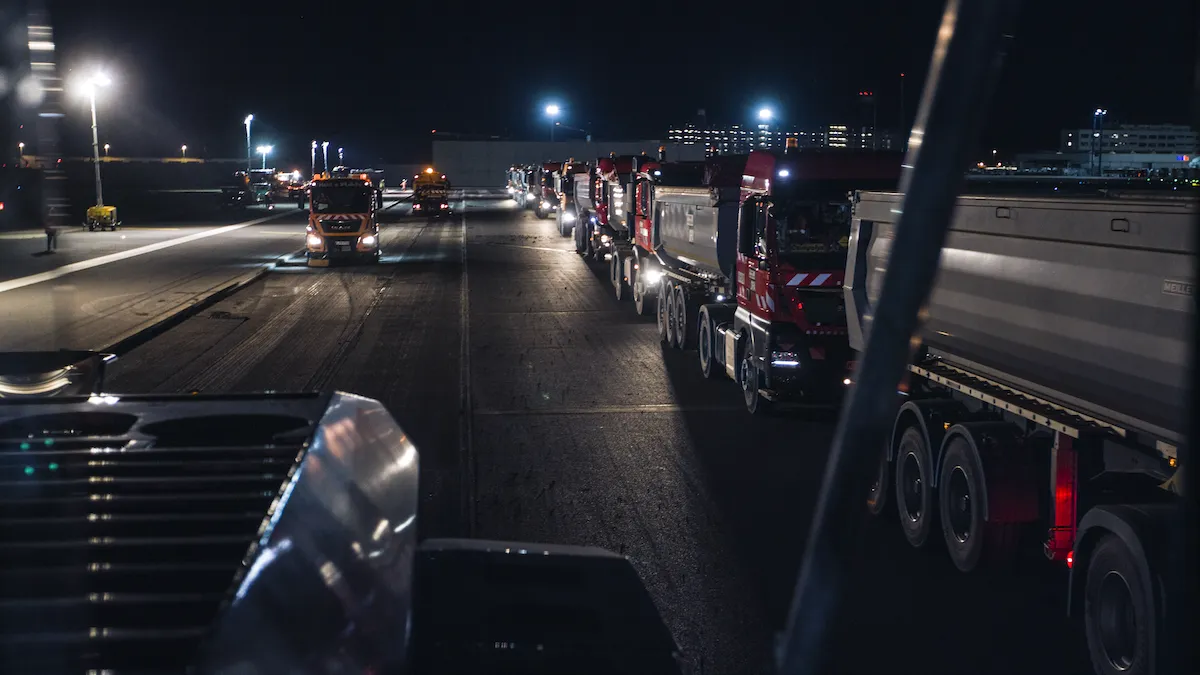Research from Spain suggests that tougher enforcement of vehicle speed can help cut crashes and road casualties. This follows the analysis of data collated by Spain’s Civil Guard between 2006 and 2015. The study is titled 'The contribution to road safety of the supervision of compliance with traffic regulations', and was recently published jointly by the Mapfre Foundation and in which the Traffic Group of the Civil Guard (ATGC) and the Sevilla University. According to the study, tougher enforcement in the p
September 14, 2017
Read time: 2 mins
Research from Spain suggests that tougher enforcement of vehicle speed can help cut crashes and road casualties. This follows the analysis of data collated by Spain’s Civil Guard between 2006 and 2015. The study is titled 'The contribution to road safety of the supervision of compliance with traffic regulations', and was recently published jointly by the Mapfre Foundation and in which the Traffic Group of the Civil Guard (ATGC) and the Sevilla University. According to the study, tougher enforcement in the period from 2006-2015 ensured that the road casualty rate from crashes was reduced by 510 deaths.
Furthermore, the use of enforcement measures meant that 125 deaths were prevented during 2017. With more enforcement measures due in the future, road deaths could be reduced by a further 596 over the next five years according to the report. According to the study, the use of radar has been particularly effective in lowering road deaths. According to calculations by Spain’s Civil Guard, a 10% increase in speed controls would cut road deaths by 4%.
Not everyone in the road safety community is so convinced that controlling speed is so crucial to lowering the casualty rate however. The report’s findings may suit some countries, but not all.






